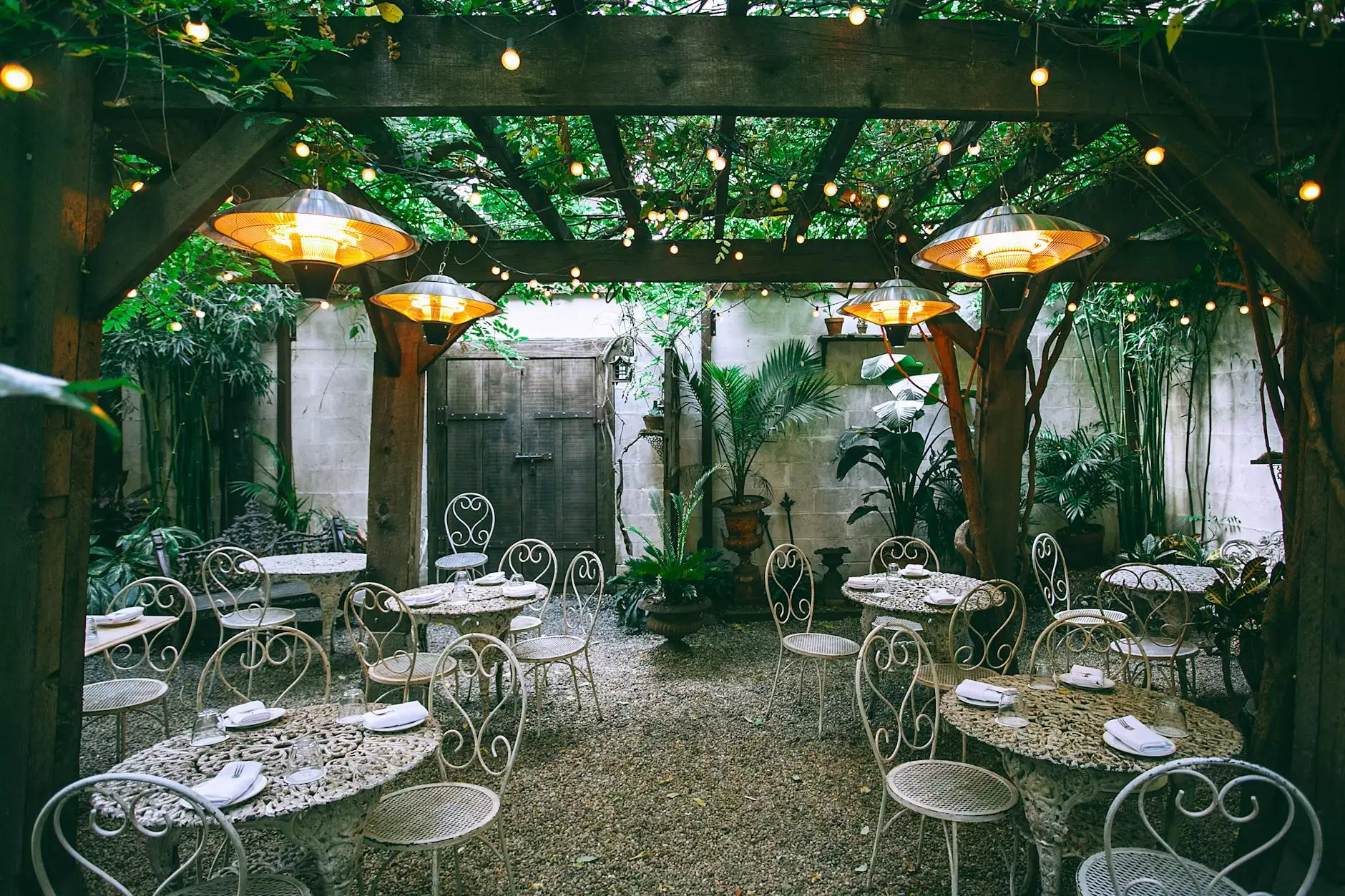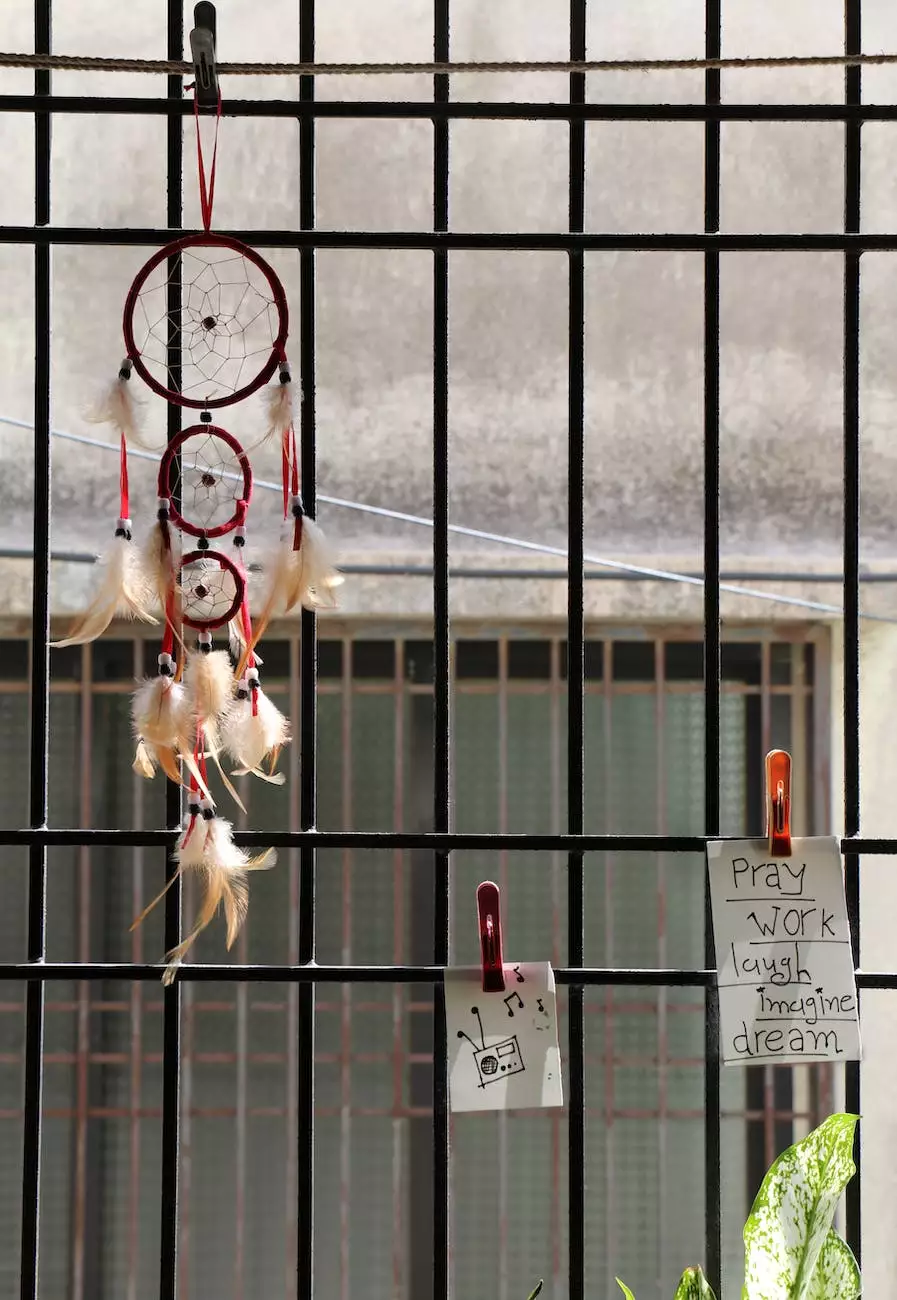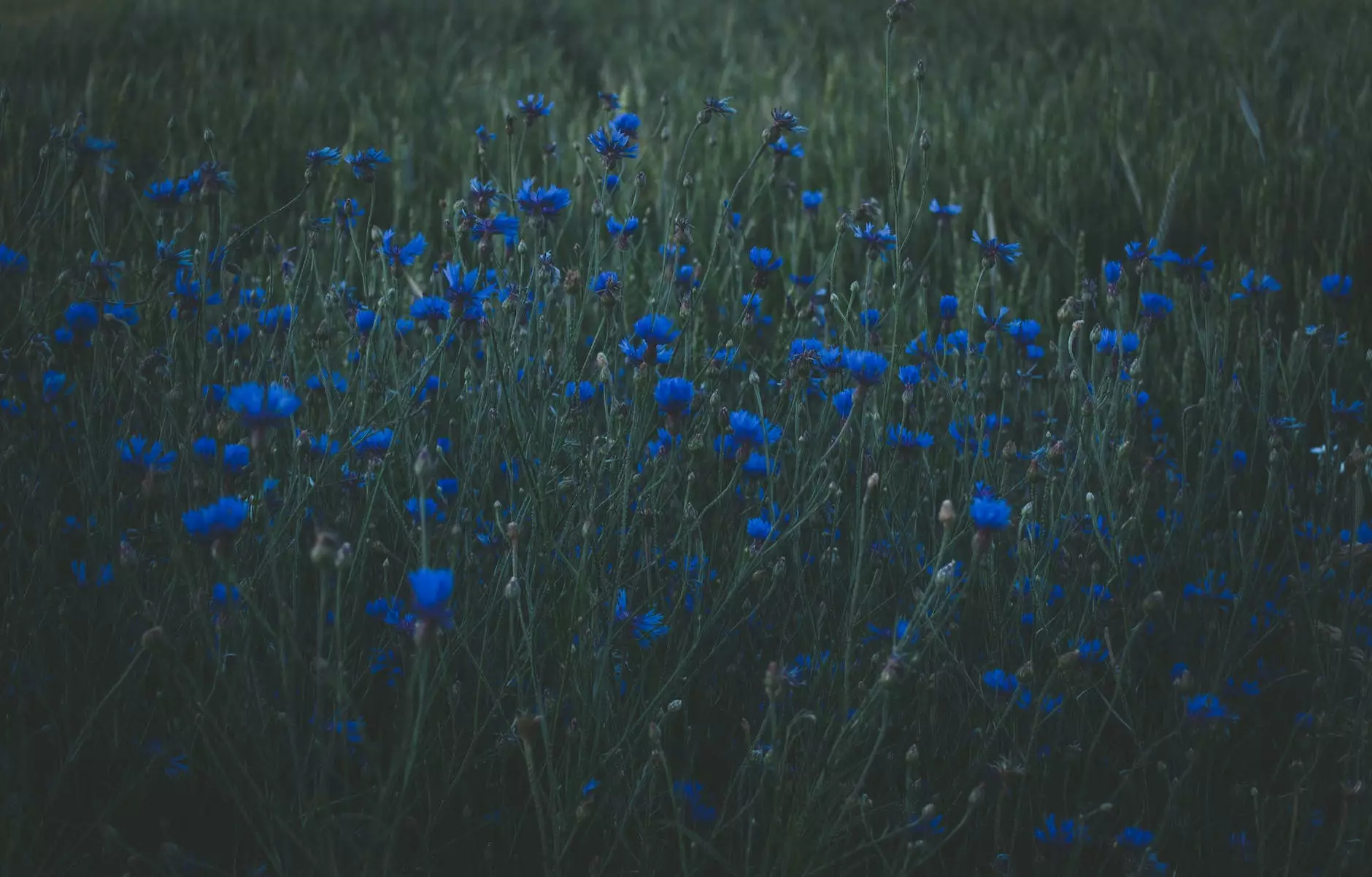Overwintering Tropicals in Iowa - Ted Lare - Design & Build

The Art of Overwintering Tropical Plants
Welcome to Cutting Hedge Services! We are your go-to experts when it comes to maintaining and designing exceptional gardens in Iowa. In this article, we will delve into the fascinating world of overwintering tropical plants in Iowa's climate. If you're passionate about creating a lush and thriving garden year-round, read along to discover expert tips and techniques.
The Challenge of Overwintering in Iowa
Overwintering tropical plants in Iowa presents unique challenges due to the state's cold and frosty winters. However, with proper care and a few specialized techniques, it is possible to preserve these exotic beauties and enjoy their lush foliage year after year.
1. Selecting the Right Plants
When choosing tropical plants for your garden in Iowa, opt for those that can tolerate colder temperatures to some extent. Hardy varieties, such as certain palm trees, bamboo, and certain species of ferns, have demonstrated their ability to survive and thrive in Iowa's climate.
2. Gradual Acclimation
Before the first sign of frost, it is crucial to prepare your tropical plants for the colder months by gradually acclimating them to the changing conditions. Start by moving them to a sheltered area, such as a covered porch or garage, where they can slowly adjust to lower light levels and cooler temperatures. This process helps them build tolerance and minimizes the shock of sudden temperature drops.
3. Insulating and Protecting
Once the temperatures start to drop, it is essential to insulate your tropical plants to shield them from freezing. Consider wrapping them in burlap or frost blankets to provide an extra layer of protection against harsh winds and cold snaps. Mulching around the base of the plants also helps to retain heat in the soil and prevent the roots from freezing.
4. Monitoring Temperature and Humidity
Invest in a reliable thermometer to keep a close eye on temperature fluctuations in your overwintering space. Tropical plants require a relatively stable and moderate temperature range of around 50-60°F (10-15°C) during the winter months. Additionally, adding a humidifier or placing a tray with water near your plants can help maintain adequate humidity levels since indoor heating tends to dry out the air.
5. Pruning and Disease Prevention
Prior to overwintering, it is advisable to trim and prune your tropical plants to remove any diseased or damaged foliage. This practice not only helps prevent disease from spreading but also encourages better growth when spring arrives. Additionally, be vigilant against common pests that may attempt to infest your plants when brought indoors during winter.
The Benefits of Overwintering Tropicals
While overwintering tropical plants in Iowa may require additional effort, the rewards are undoubtedly worth it. Here are a few benefits you can enjoy:
Extended Beauty and Color
By overwintering tropical plants, you can maintain a vibrant and colorful garden throughout the year. The lush foliage and enticing blooms of exotic plants add a touch of paradise to your outdoor space, even during Iowa's cold winters.
Cost-Savings
Overwintering tropical plants allows you to preserve your cherished specimens, reducing the need to constantly replace plants each season. This translates into significant cost savings in the long run and allows you to invest in other aspects of your garden.
Personal Satisfaction
Nurturing and successfully overwintering tropical plants in Iowa can bring a sense of accomplishment and joy. It showcases your gardening skills and dedication, allowing you to create an exceptional green space that stands out among others.
Consult with the Experts
At Cutting Hedge Services, we are passionate about helping our clients create and maintain stunning gardens year-round. Our team of experienced professionals understands the intricacies of overwintering tropical plants in Iowa and can provide personalized advice tailored to your specific needs. Contact us today to schedule a consultation and transform your garden into a tropical paradise, even during the coldest of months.




